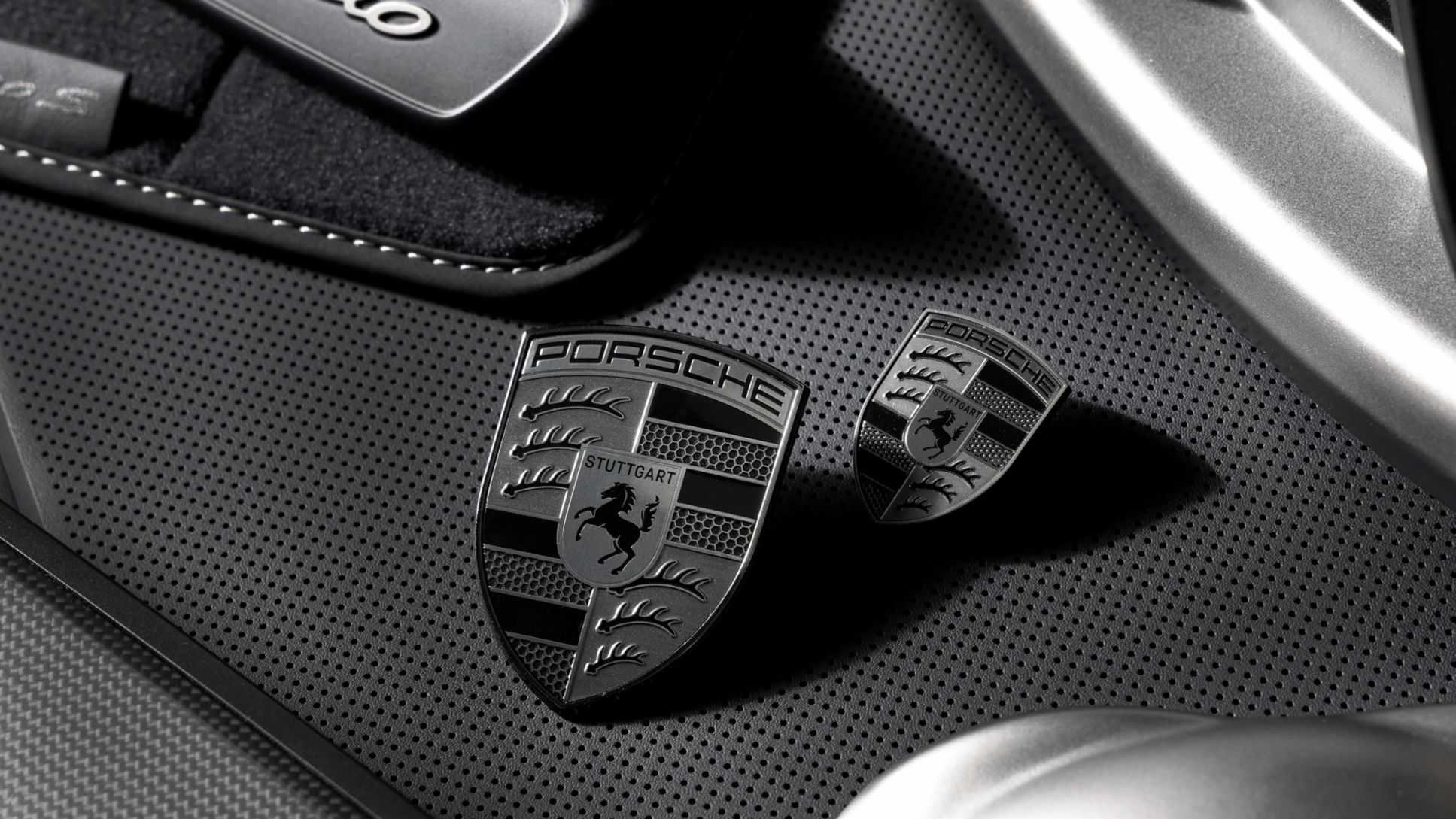The quality study by the US market research institute J.D. Power evaluates the quality of new cars in the USA with the help of customer surveys. After a strong second place in 2023, Porsche has now been voted at the top of the ranking.
"We are very pleased with the top ranking in the quality study and the positive feedback from our customers," says Christian Friedl, Vice President of Corporate Quality at Porsche. "This success is based on a team effort by the entire Porsche team. We are very proud of that."
Around 100,000 new car owners in the United Sates of more than 200 models and more than 30 brands took part in the 38th edition of the study. After 90 days of vehicle use, they were asked about 227 possible quality abnormalities in ten categories. Among others, characteristics such as “interior” or “driving dynamics” were evaluated.
For Porsche, the data collected by J.D. Power is of interest to further improve the service and quality of future products. Potential problems are identified early on and countermeasures can be initiated immediately – even before an issue can further spread. The goal is to continuously improve quality and user-friendliness and to implement it from the early concept phase along the entire product development process up to use phase of the customer.
Quality is teamwork
Christian Friedl: "The ultimate goal of quality work at Porsche is an all-round satisfied customer. We achieve this goal with high-quality products, the best service, and the commitment of every single Porsche employee." The basis for this is a decentralized quality strategy. In this context, the Corporate Quality Department works intensively with other departments. This promotes a common understanding across the different business areas and puts the customer even more in focus. With success, as the result at J.D. Power shows.





.jpg/jcr:content/PEC%20SG%20-%20Artist's%20Impression%20(1).jpg)